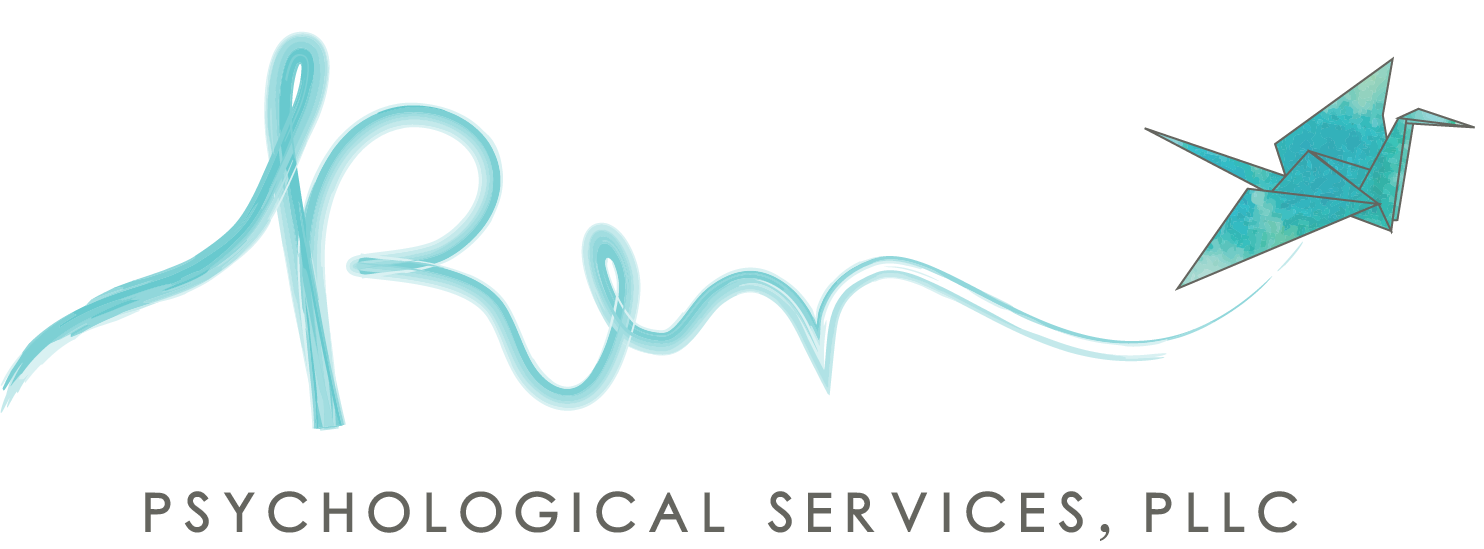Postpartum Depression and Perinatal Mood Disorders
Postpartum Depression (PPD)*
You've heard about the "baby blues" and know that it's normal to feel sad, worried, or emotional after your baby's arrival. But at what point does it become more than the blues? Irritability, weepiness, panic, obsession or disinterest in your baby, hopelessness, and guilt are all symptoms of postpartum depression.
Giving birth is a major life event, whether it's your first child or fourth, the act of becoming a new mother can be disorienting. Motherhood brings up old wounds from our own childhoods; traumas that didn't get a chance to heal. It can make us question our relationship with our own parents. It's isolating to be home with a newborn all day and wonder whether you're seizing this "joy" that everyone seems to be talking about.
You are a good mother. You are enough. As the mother of two young children, I know what it's like to be in the trenches of everlasting afternoons. It may feel like forever, but this stage is temporary and there is hope. I utilize a holistic approach to treating PPD that incorporates nutrition, sleep, routines, coping skills, and social support. I work in conjunction with your OB/GYN or midwife to help develop an integrative treatment plan so you can start feeling like yourself again.
Perinatal Mood Disorders
Perinatal mood disorders refers to the broader category of depression, anxiety, and bipolar disorder that occurs around pregnancy. For many women, these symptoms come during pregnancy or even while trying to conceive. Bringing new life into the world is stressful at every step of the process. For women who have a history of depression, anxiety, or other mental illness, the added physical and emotional tolls of conception and pregnancy can be overwhelming. Couple that with the desire or need to stop taking psychiatric medications, it's no wonder you are feeling lost. In addition to offering extra support and a place to vent, we will tailor a treatment plan to help you manage your symptoms while creating new life.
*Babies under 12-months are always welcome to attend your sessions with you.


